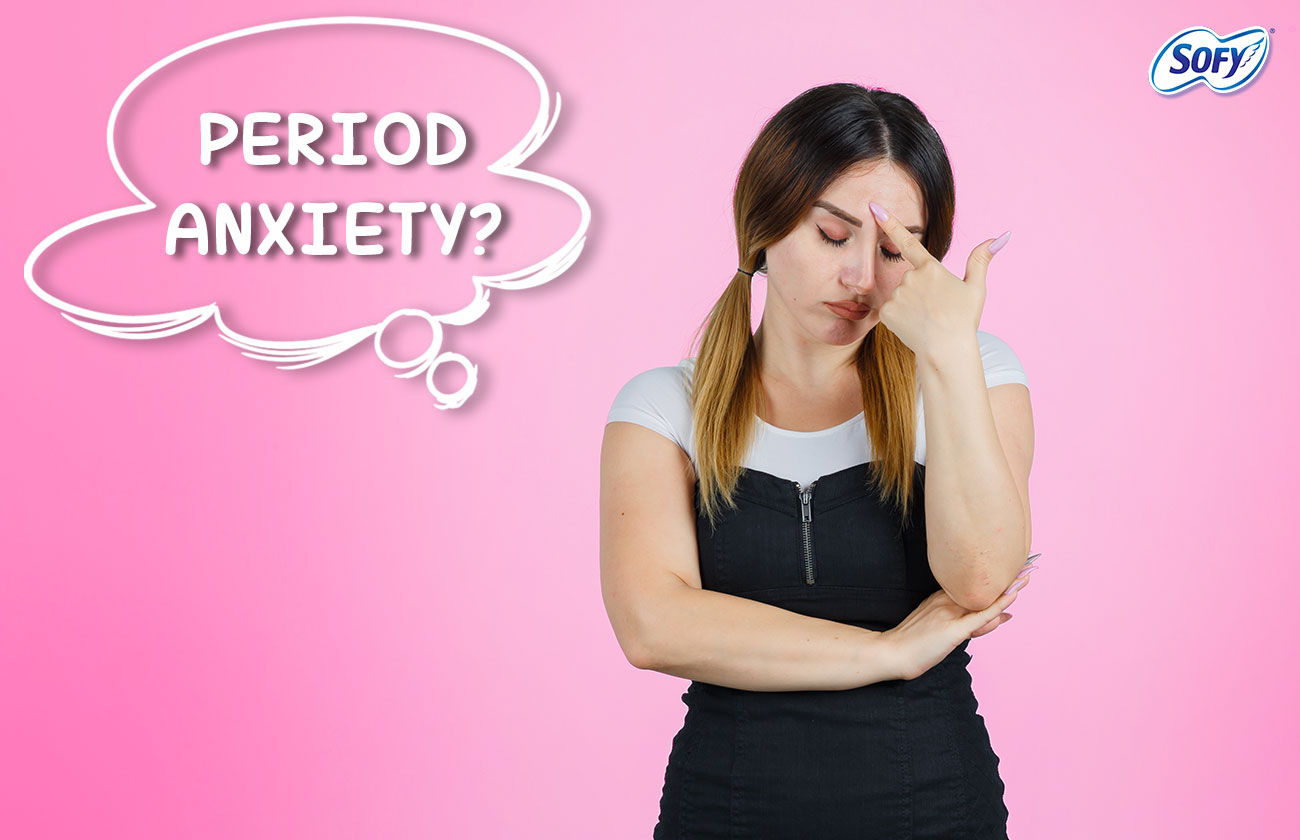It is that time of the month again when you’re feeling inexplicably irritable, mood swings are at an all-time high, and cravings are, well, weird to be honest. If you haven’t already guessed it, PMS it is.
Premenstrual syndrome is a common factor in almost all menstruating women. It refers to the emotional and physical changes in a woman during the luteal phase or simply put after the ovulation has occurred. During this phase, your hormones are on a rollercoaster ride – a rough, bumpy, aggressive rollercoaster ride. Reproductive hormones like estrogen and progesterone undergo drastic fluctuations during the entire month. Just before your period, these hormones witness dramatic levels of rising and fall. These hormonal fluctuations are the reason behind your PMS symptoms – mood swings, cravings, emotional breakdown, fatigue, physical discomfort, to name just a few.
Now, apart from this, there are a lot of other factors your hormonal flux can affect on. Do you experience anxious breakdowns right before your period? If you normally have an anxiety condition, have you noticed an anxiety spike right before the period week? If you have, my love, you are not alone. There is a condition called ‘period anxiety’ and it is more common than you might think.
Change in our hormones does affect us physically, but it can also affect us mentally. The hormonal flux can have an impact on the neurotransmitters in our brain i.e, the feel-good hormones namely serotonin and dopamine that regulate our moods and feelings – which can further trigger a downpour of not-so-good feelings. So simply put, anxiety and depressive feelings surge just before your menstruation as a response to the changing levels of your hormones.
And just like various other PMS symptoms hit some people harder than others, these mental symptoms can vary from person to person according to their hormonal changes. But one thing is clear, ladies, you are not alone in this. No, you are not losing your grip. What you are experiencing is completely normal. Don’t let anyone tell you otherwise!
If you are wondering how to keep your period anxiety in check, read below for we have collated some tips and tricks for easy relief.
- Exercise: Even if your PMS symptoms are not that bad, exercise is the first piece of advice to anyone and everyone. You don’t need to get a gym subscription or have fancy and elaborate routines. You don’t have to drain yourself with heavy pieces of equipment, all you only need is to be regular. Dance in your bedrooms, stretch every day, go for walks or runs, move in all directions, practice yoga or aerobics- simply exercise. It is understood that when we exercise, we increase our oxygen intake and circulation which further helps to keep our hormones in check. Regular exercise can also soothe painful physical symptoms like cramps.
- Sleep: Another tip for even those whose symptoms are not that bad – get enough sleep. Incomplete and messed-up sleep cycles trigger your stress levels to spike. If your work schedule is affecting your sleep cycle, it is time for a change. Prioritize consistency and try to develop a regular sleep schedule in which you wake up and go to sleep at the same time every day — including weekends. Peaceful sleep can have a major effect on soothing the symptoms.
- Diet: Everyone should have a balanced diet, not just on their period days but the entire month, consistently. Your diet needs to have carbs – a diet rich in complex carbohydrates can reduce moodiness and anxiety-inducing food cravings during PMS. You may also want to consume food rich in calcium to ease the symptoms. Focus on what you consume, and your body will keep you on track.
- Vitamins: Take your vitamins, seriously. Studies have shown that calcium and vitamin B-6 can reduce the physical and psychological symptoms of PMS. Nourish your body with the right supplements consistently and your body will see the difference.
- Avoid Caffeine: Anyone who suffers from mental issues like anxiety, depression, or panic attacks should avoid caffeine, period. This stimulus can have a major effect on your brain and cause your heart to race, which can further trigger anxiety and panic attacks.
These were some of the simple tips one can easily incorporate in their daily lives for quick relief in period anxiety levels. Everyone is different and each body works differently. What would work wonders for one may not work that well for others. Take it easy and always understand you are not alone and PMS is completely normal. In case you feel your symptoms have not changed or have rather worsened with time, it is time to see a doctor. Do not hesitate to consult a doctor because it is always okay to seek help. Extreme premenstrual anxiety can also sometimes be a sign of premenstrual dysphoric disorder (PMDD) or premenstrual exacerbation (PME). It is always best to consult a medical expert if you do not feel well and if your symptoms have visibly worsened.












